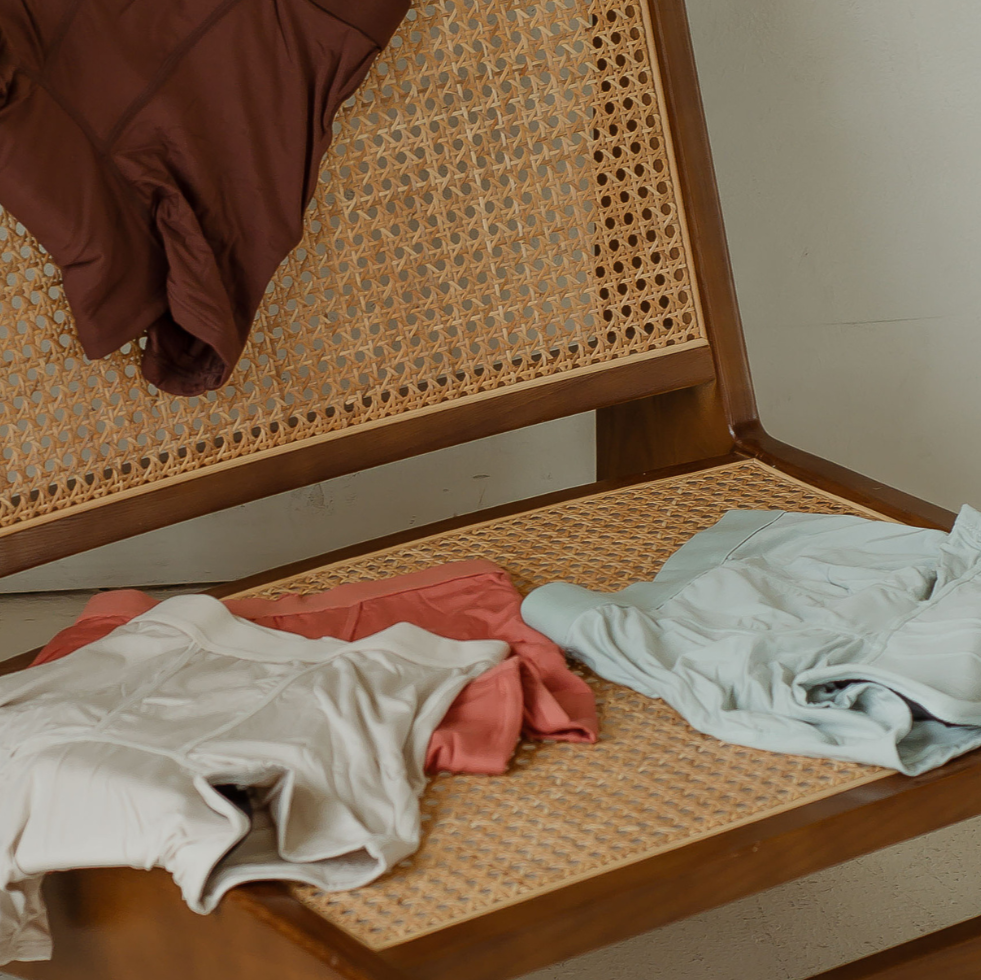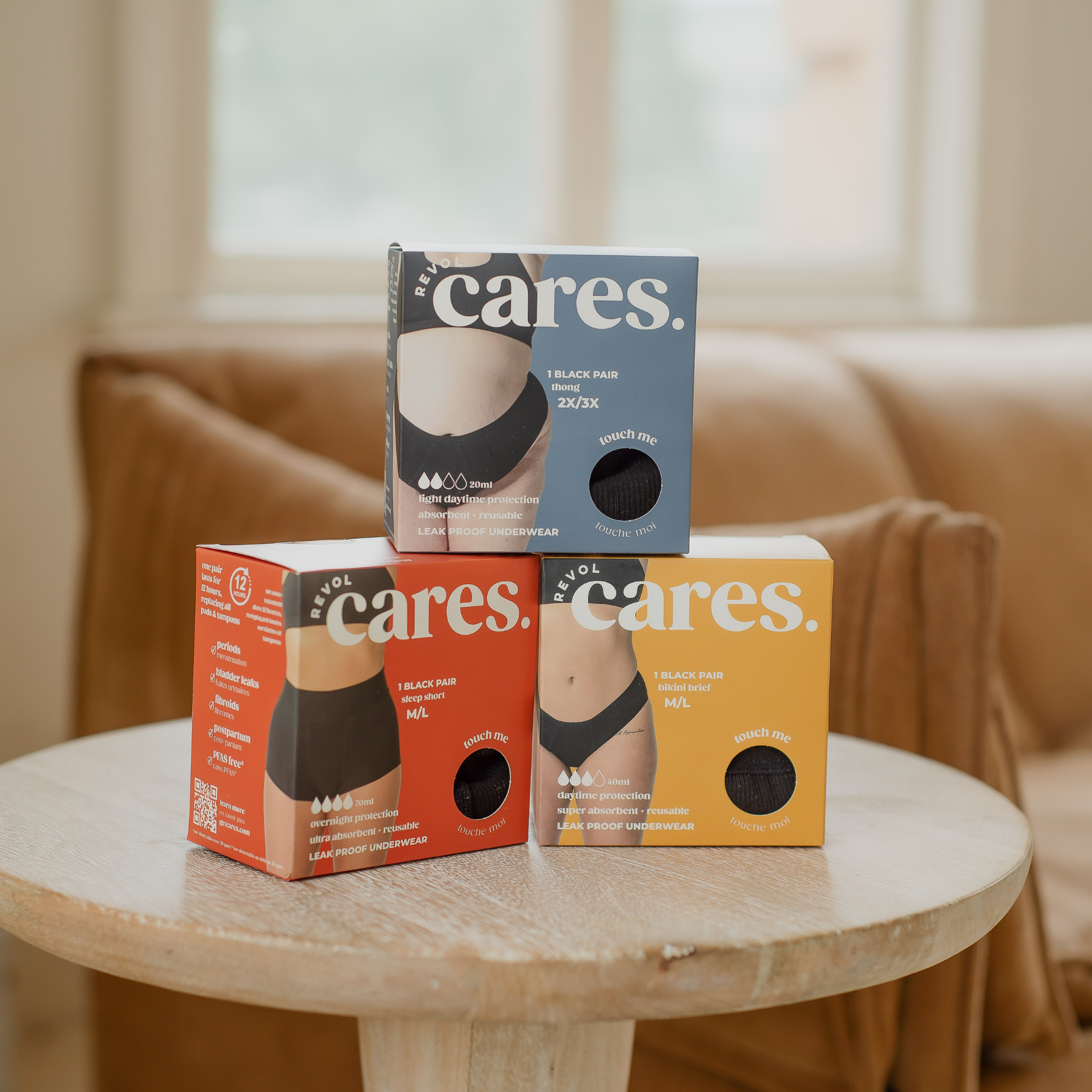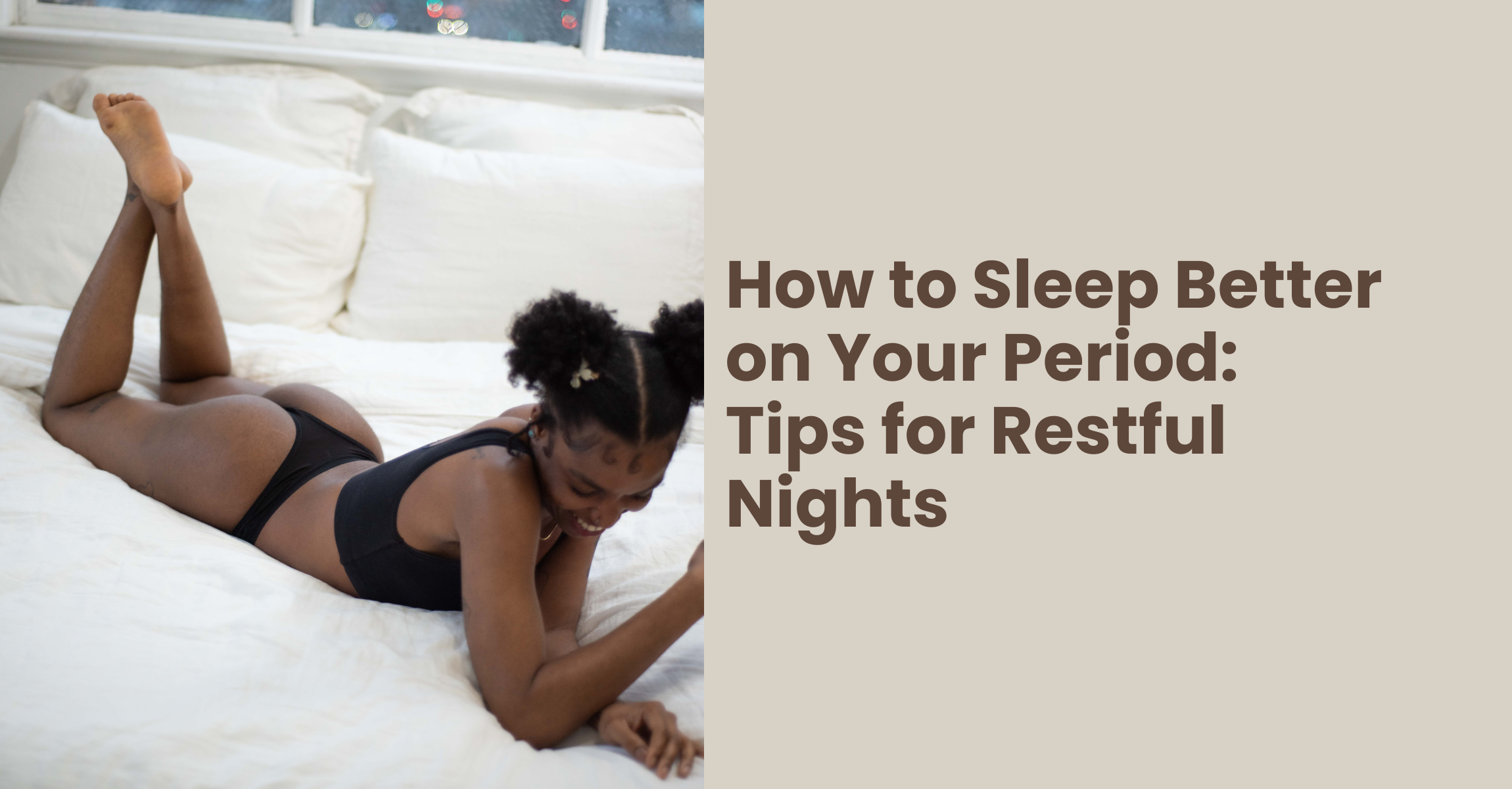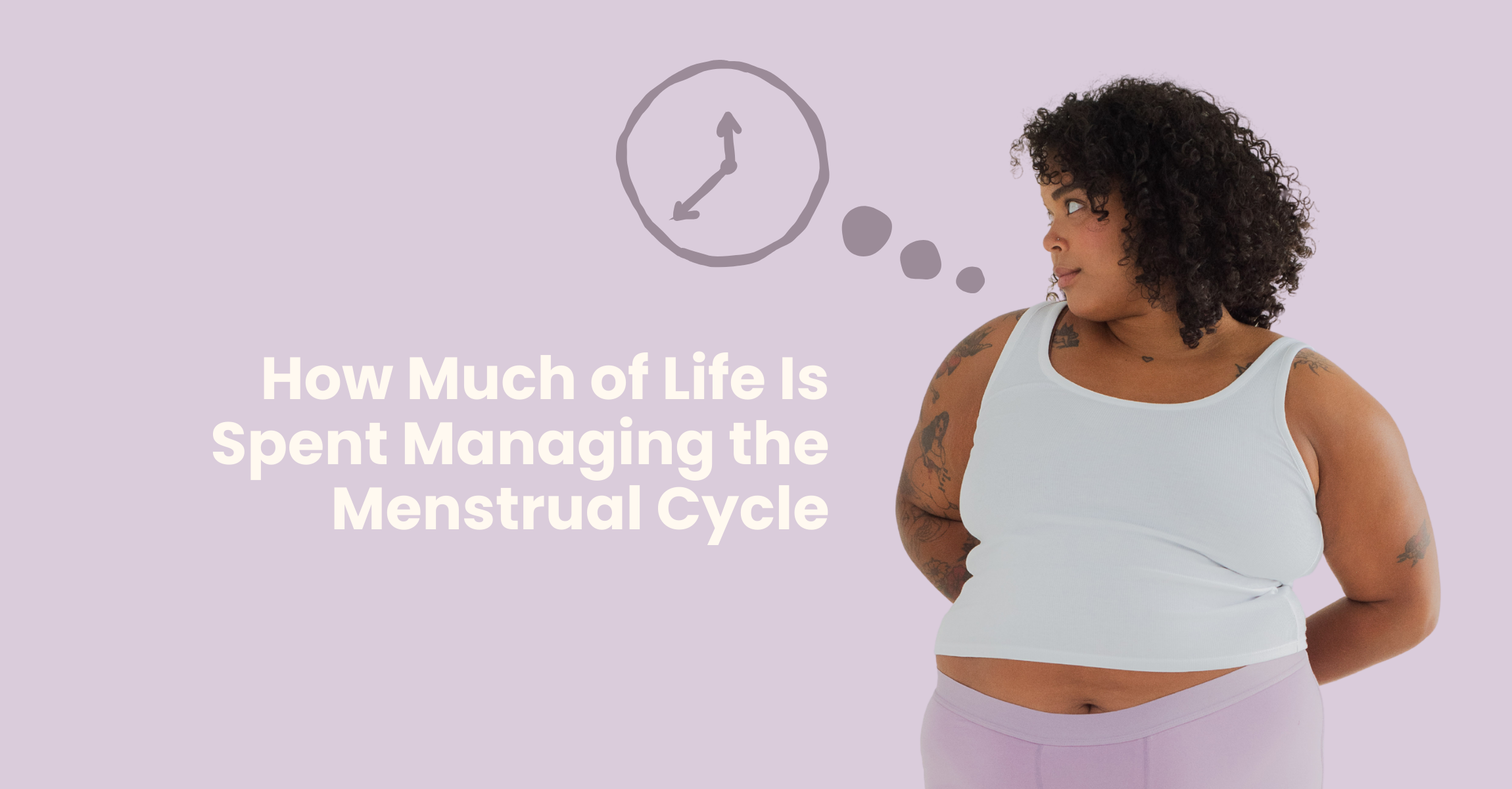Ever find yourself tossing, turning, and staring at the ceiling right before your period shows up? You’re definitely not the only one. Trouble sleeping around your cycle is really common — and the reason comes down to what’s happening with your hormones.
Hormones and Your Sleep Cycle
Your menstrual cycle is powered by shifting levels of estrogen and progesterone. These hormones don’t just affect your period — they also have a big say in how well you sleep.
-
Estrogen usually helps with good sleep by supporting serotonin, a brain chemical tied to rest and mood. When estrogen drops before your period, it can leave you feeling more restless.
-
Progesterone rises after ovulation and makes your body temperature creep up. That little spike can mess with your body’s natural sleep-wake rhythm and make it harder to get comfy.
-
Melatonin, the hormone that helps you drift off, can dip right before your period. Less melatonin = less deep, restorative rest.
Put together, these shifts explain why the days before your period — the luteal phase — are prime time for sleep struggles.
PMS, PMDD, and Sleep Disturbances
How much your sleep is affected depends on you. For some, PMS just means a few rough nights. For others, especially with PMDD (a more intense form of PMS), the impact is bigger.
Common sleep changes include:
-
Trouble falling asleep
-
More light sleep and less REM (dreaming) sleep
-
Feeling wiped out during the day
And here’s the kicker: bad sleep can make PMS or PMDD symptoms worse. Mood swings, irritability, brain fog — all harder to handle when you’re running on empty.
Beyond Hormones: Other Factors
Hormones lead the charge, but they’re not the only reason your sleep feels off around your period:
-
Cramps and pain: From backaches to headaches, discomfort can keep you awake or wake you up.
-
Bloating: Feeling puffy and uncomfortable makes it tough to relax.
-
Stress and mood swings: Anxiety and irritability — both common pre-period — are notorious sleep blockers.
Different Phases, Different Sleep Patterns
Sleep changes depending on where you are in your cycle:
-
Menstrual phase (bleeding): Sleep may be disrupted by cramps and discomfort, but hormone levels start to reset.
-
Follicular phase (after your period): Usually the calmest time for sleep — more stable and consistent.
-
Ovulation: Subtle shifts may happen, but many don’t notice much here.
-
Luteal phase (before your period): The big one. Hormonal ups and downs plus body temperature changes make this the trickiest phase for good sleep.
Why This Matters
Poor sleep doesn’t just leave you groggy — it can throw off your whole cycle. Research shows that disrupted sleep may worsen PMS symptoms and even play a role in irregular periods. Your sleep and your cycle are more connected than most of us realize.
Takeaway
If your period seems to mess with your shut-eye, it’s not in your head. Hormones, cramps, mood changes — they all team up to make rest harder at certain times of the month. The upside? Knowing why this happens makes it easier to find solutions.
✨ Up next: How to Sleep Better on Your Period: Tips for Restful Nights — a practical guide to getting more ZZZs when you need them most.
🎉 Ready to upgrade your period experience? 👉 [Explore our absorbent styles here].
💌 Want more cycle-friendly tips like this? [Join our newsletter for real talk, helpful info, and exclusive offers →]





